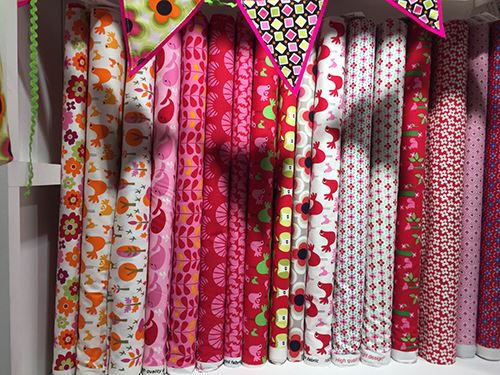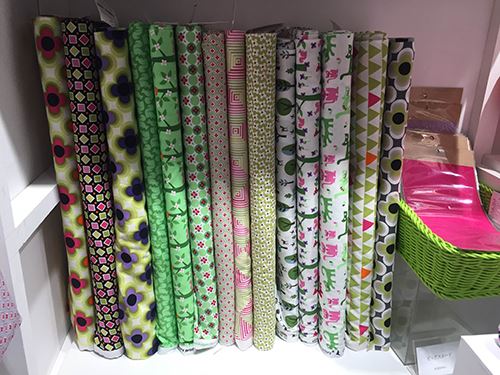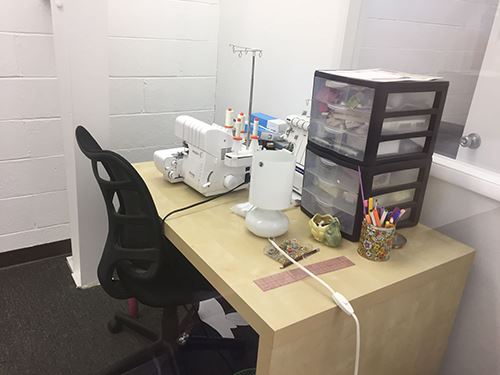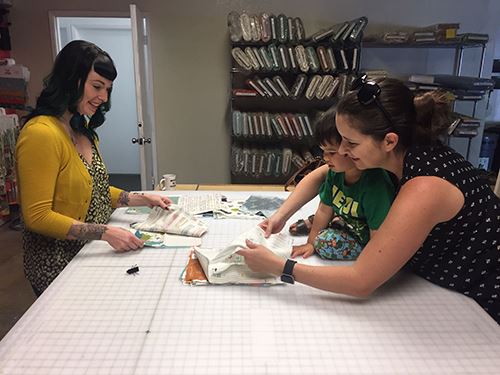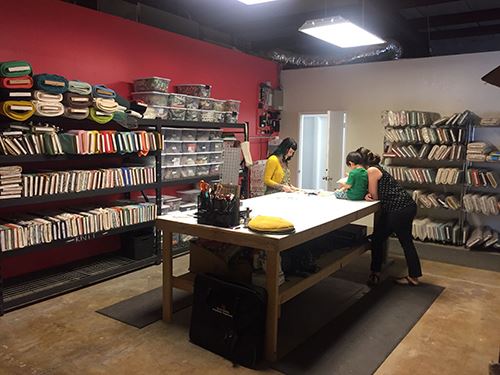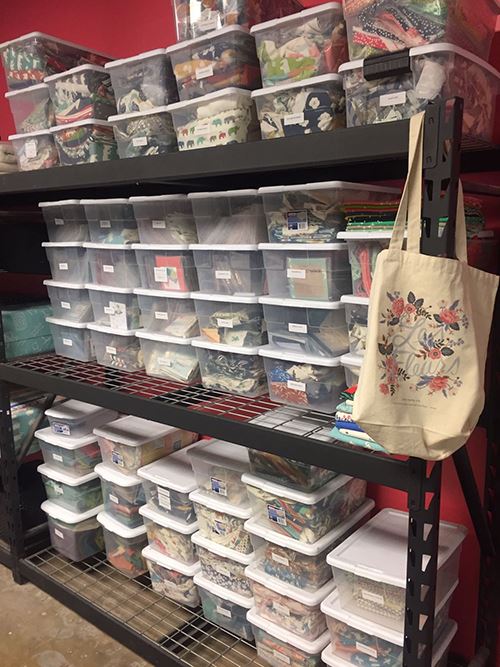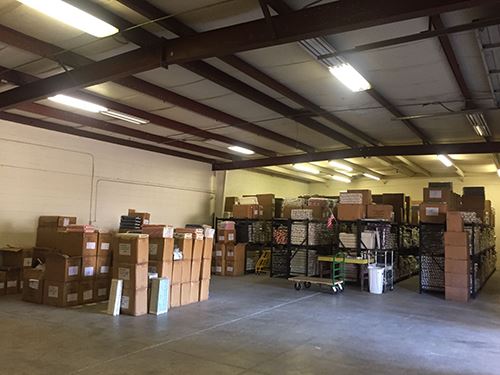You may have seen that we have a number of organic fabrics in our shop, as well as many Oeko-tex certified ones such as several of the Robert Kaufman Kona Cotton fabrics, and numerous Copenhagen Print Factory fabrics. But what exactly do these terms mean?
The Oeko-tex standard essentially refers to how fabrics are dealt with, and processed. If a fabric is Oeko-tex Standard 100 certified, that means it has been rigorously tested to ensure it is free of over 100 known harmful substances.
Organic fabric refers to the components used to create the fabric, such as cotton. In order to be considered organic, the component used to make that fabric (e.g. cotton) has to have been cultivated according to very strict guidelines, such as being grown without the use of synthesized fertilizers. These fabrics need to meet the requirement of global standards such as the GOTS (Global Organic Textile Standard) in order to be considered organic, much like the way the many Birch fabrics we have available do.
Oeko-tex and organic are not the same and are not interchangeable terms, as they refer to different practises. However, they’re certainly useful to know if you have a preference for either one.
Check out the many Oeko-tex certified and organic fabrics we have available. Do you tend to buy either Oeko-tex or organic fabrics?

The GOTS certification

Oeko-tex and Organic Fabrics 2






















